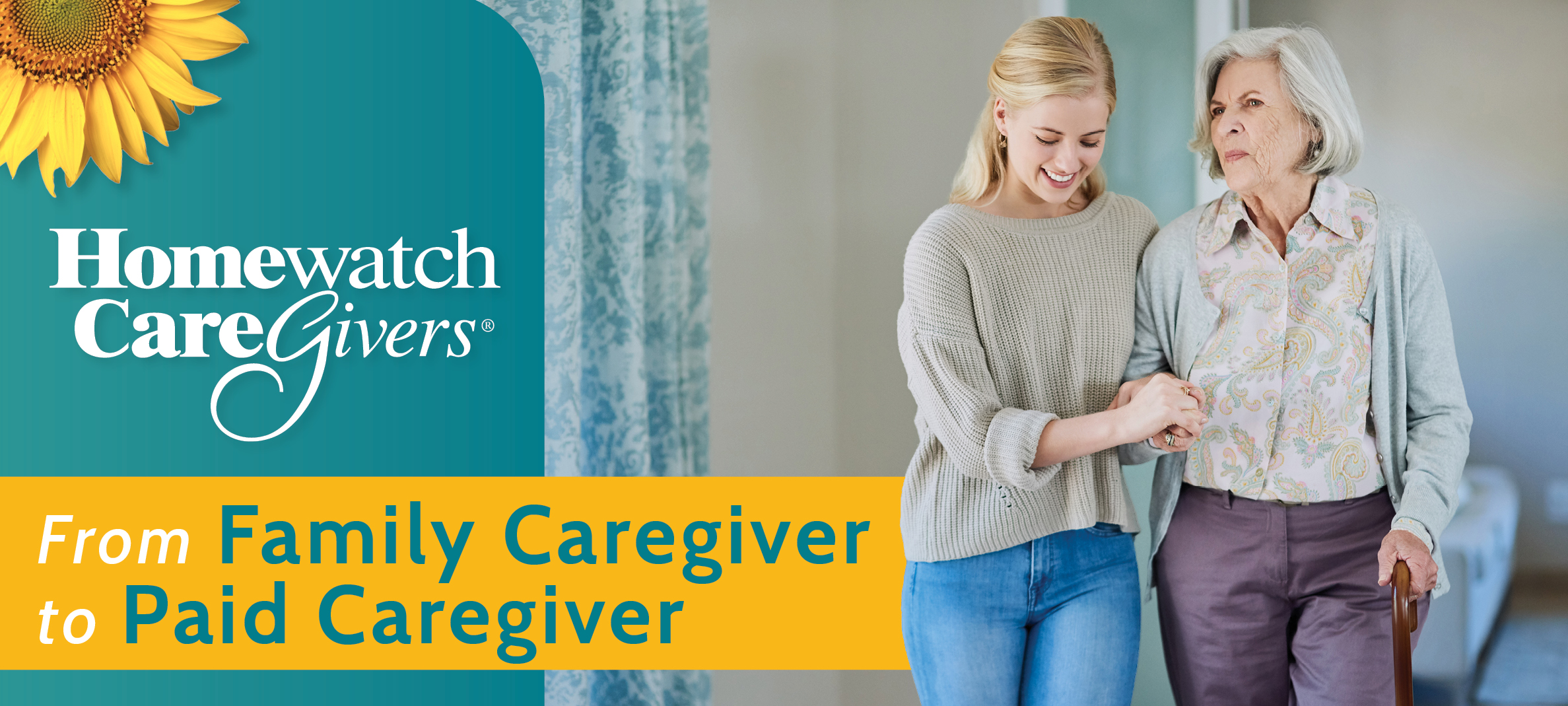People rarely become family caregivers by choice. This important volunteer role typically happens as a result of a health crisis or through a process of elimination of other options or available helpers in a family.
Most caregivers in the United States are unpaid family members. One study showed that 64% of care received was “informal” (aka unpaid or by a family member) and that 33% of those caregivers are adult children, with spouses coming in second with 17%. A 2020 AARP report, “Caregiving in the U.S.,” found that 48 million Americans are providing care without pay to an adult family member or friend.
Preparing to Care
Caregiving is different for each person and will require varying amounts of time, physical exertion, costs, and more. There is some training available, such as on the Homewatch CareGivers University and other companies dedicated to home care.
There are benefits to planning for long-term care even when there aren’t health issues currently. This article explains the different types of care to research and how to make it all clear for family members who might become caregivers. When there is a plan, it gives family and friends an opportunity to divide the necessary tasks and costs, so there is not a burden on just one person.
Get Paid to Be a Caregiver
There are a few ways that a family caregiver can be paid for the time and skills spent assisting a loved one. Family members can become so preoccupied with their new caregiver responsibilities that it can impact their traditional income opportunities.
Medicaid
Some states do allow a family member to be hired and paid for their caregiving duties but be aware that the rules can be very specific such as only allowing this if the person needing care and the caregiver do not reside together or not allowing this for spouses. Even the names of the programs vary by state.
These programs are through Medicaid and so there can be a lot of paperwork and government regulation to navigate. There are steps to follow to be approved from assessment to budgeting and more.
Veterans
Military veterans may also have access to benefits that will not only cover professional home care services, but also might pay a family member to be their caregiver. A veteran will need to look into Aid and Attendance benefits to see if they qualify; spouses of veterans may also be able to use this benefit.
Again, there will have to be proof of specific care needs to get this benefit, such as being bedridden, severely limited eyesight, or help with bathing, dressing, and eating.
There is a separate benefit for veterans who sustained a serious injury in the line of duty that allows payment in the form of a monthly stipend to family members caring for their loved ones. While there are hurdles to getting this benefit, it can be beneficial to the caregivers with additional training and respite care.
Long-term Care Insurance
If the person needing care has a long-term care insurance policy, contact their representative for details on the policy. Some policies will cover home care delivered by a loved one.
As with other programs, there will be certain requirements to meet and rules to follow for who can deliver this care and receive financial compensation.
Turn Your Caregiving Skills into a New Career
Many people start out caregiving with no awareness of what is involved or how they feel about doing it. Yet, for some people, this can become a meaningful new career, either while attending college, post-retirement, or in addition to their current job.
Being a caregiver can provide immediate rewards by simply connecting with people. A person who has experienced a change in abilities due to advanced age, illness, or other factors, may be feeling lonely, hopeless, and boredom. Meaningful engagement with a caregiver can put a smile on their face and give them something to look forward to again.
See if there is a job in your area where your new caregiving skills might be in high demand.





